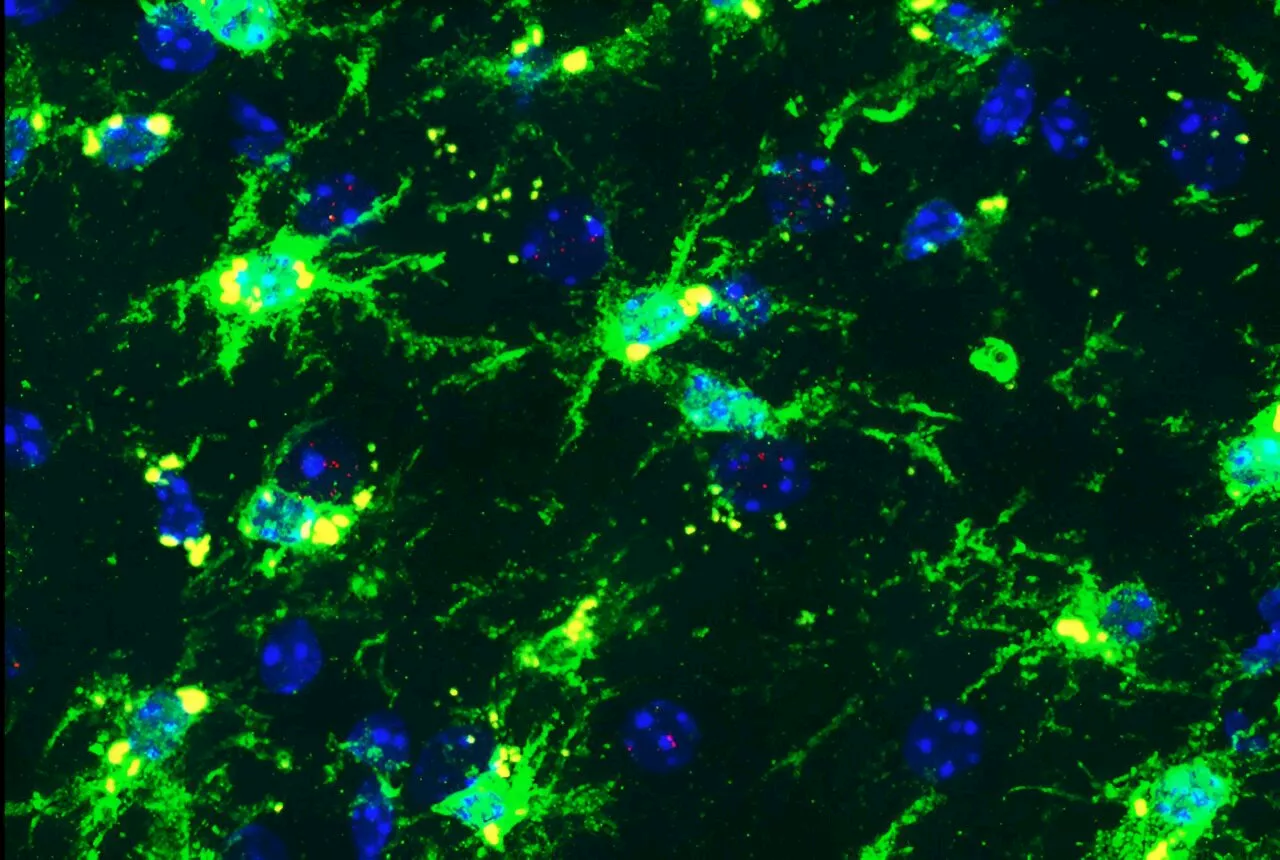The way in which brains shrink in those who develop Alzheimer's disease follows no specific or uniform pattern, finds a new study by researchers at UCL and Radboud University in the Netherlands.
University College LondonOct 4 2024 The way in which brains shrink in those who develop Alzheimer's disease follows no specific or uniform pattern, finds a new study by researchers at UCL and Radboud University in the Netherlands.
The scientists say this new finding could enable more personalised medicines to be developed, targeting the specific range of brain areas affected in an individual. To overcome this, researchers at UCL used a normative modelling1 approach to gain insights into individual variability between Alzheimer's patients.
Related StoriesThe analysis showed that despite most participants starting out with similar-sized brains, different patterns of brain shrinkage were seen between individuals over time.
Alzheimer's Disease Dementia Education Hippocampus Neurology Research Students
United Kingdom Latest News, United Kingdom Headlines
Similar News:You can also read news stories similar to this one that we have collected from other news sources.
 Trauma exposure accelerates brain aging which can lead to Alzheimer's disease, study suggestsAs the median age of our population rises, so does the number of people diagnosed with Alzheimer's disease. With advances in technology, it's easier to determine brain age and identify blood-based Alzheimer's disease biomarkers. A new study links trauma exposure with brain age blood markers of risk for Alzheimer's disease.
Trauma exposure accelerates brain aging which can lead to Alzheimer's disease, study suggestsAs the median age of our population rises, so does the number of people diagnosed with Alzheimer's disease. With advances in technology, it's easier to determine brain age and identify blood-based Alzheimer's disease biomarkers. A new study links trauma exposure with brain age blood markers of risk for Alzheimer's disease.
Read more »
 Understanding Changes in Pre-Clinical Alzheimer's Disease: Study Finds Two Proteins Impact Brain Activity DifferentlyA new study has shed light on the role of two proteins, amyloid beta and tau, in pre-clinical Alzheimer's disease. Researchers found that these proteins impact brain activity differently, potentially offering new insights into the progression of the disease.
Understanding Changes in Pre-Clinical Alzheimer's Disease: Study Finds Two Proteins Impact Brain Activity DifferentlyA new study has shed light on the role of two proteins, amyloid beta and tau, in pre-clinical Alzheimer's disease. Researchers found that these proteins impact brain activity differently, potentially offering new insights into the progression of the disease.
Read more »
 Genetic variants linked to Alzheimer's trigger brain inflammation in females, preclinical study findsWeill Cornell Medicine investigators have found that two genetic variants that confer high risk of Alzheimer's disease (AD) together trigger a harmful inflammatory response in the brain's immune cells, particularly in females, in a preclinical model.
Genetic variants linked to Alzheimer's trigger brain inflammation in females, preclinical study findsWeill Cornell Medicine investigators have found that two genetic variants that confer high risk of Alzheimer's disease (AD) together trigger a harmful inflammatory response in the brain's immune cells, particularly in females, in a preclinical model.
Read more »
 Alzheimer's study: Drug combination improves memory skills in miceLaboratory mice with cognitive issues including Alzheimer's disease showed improved memory skills within a couple of weeks of treatment with a new medicine tested at Colorado State University.
Alzheimer's study: Drug combination improves memory skills in miceLaboratory mice with cognitive issues including Alzheimer's disease showed improved memory skills within a couple of weeks of treatment with a new medicine tested at Colorado State University.
Read more »
 Study finds link between nighttime light exposure and increased Alzheimer's disease riskHigher nighttime light intensity is correlated with increased Alzheimer's disease prevalence, suggesting light pollution may influence neurodegenerative risks.
Study finds link between nighttime light exposure and increased Alzheimer's disease riskHigher nighttime light intensity is correlated with increased Alzheimer's disease prevalence, suggesting light pollution may influence neurodegenerative risks.
Read more »
![]() NIH funds study to assess wearable sleep trackers for Alzheimer's predictionThe National Institutes of Health has awarded Joyita Dutta, professor of biomedical engineering at the University of Massachusetts Amherst, $3.9 million over five years to study if wearable sleep trackers can predict blood biomarkers of Alzheimer's disease in at-risk individuals.
NIH funds study to assess wearable sleep trackers for Alzheimer's predictionThe National Institutes of Health has awarded Joyita Dutta, professor of biomedical engineering at the University of Massachusetts Amherst, $3.9 million over five years to study if wearable sleep trackers can predict blood biomarkers of Alzheimer's disease in at-risk individuals.
Read more »
